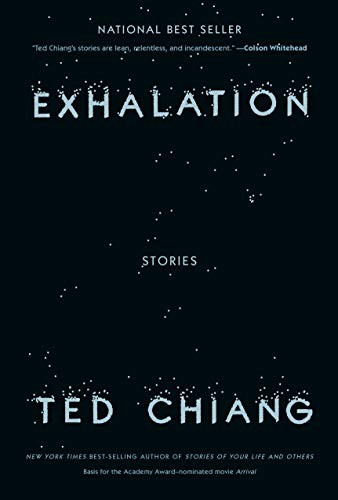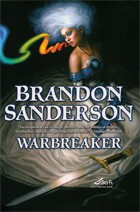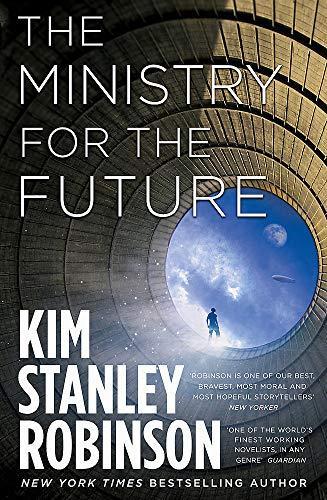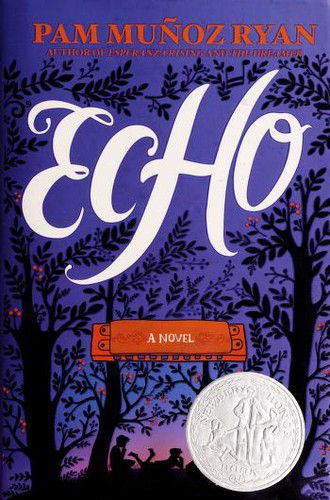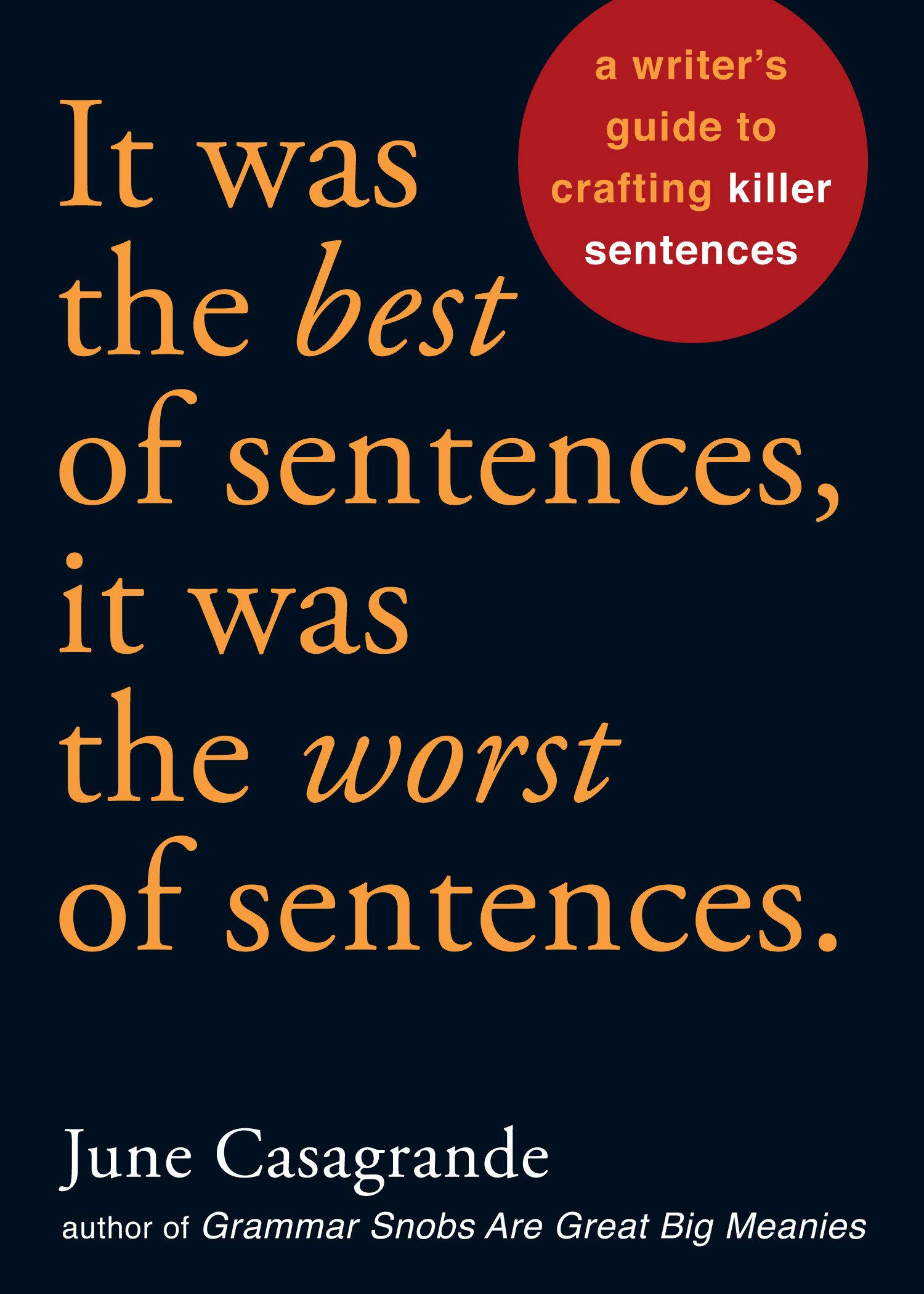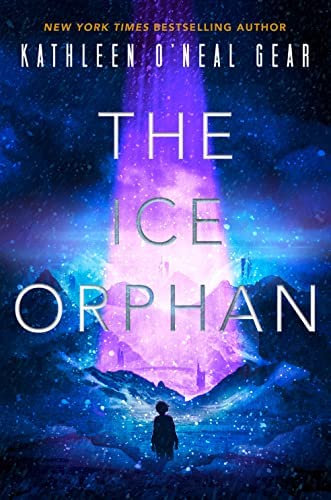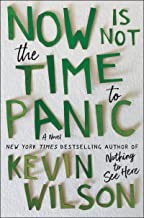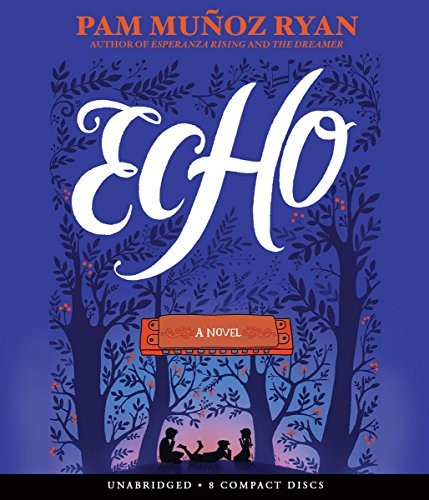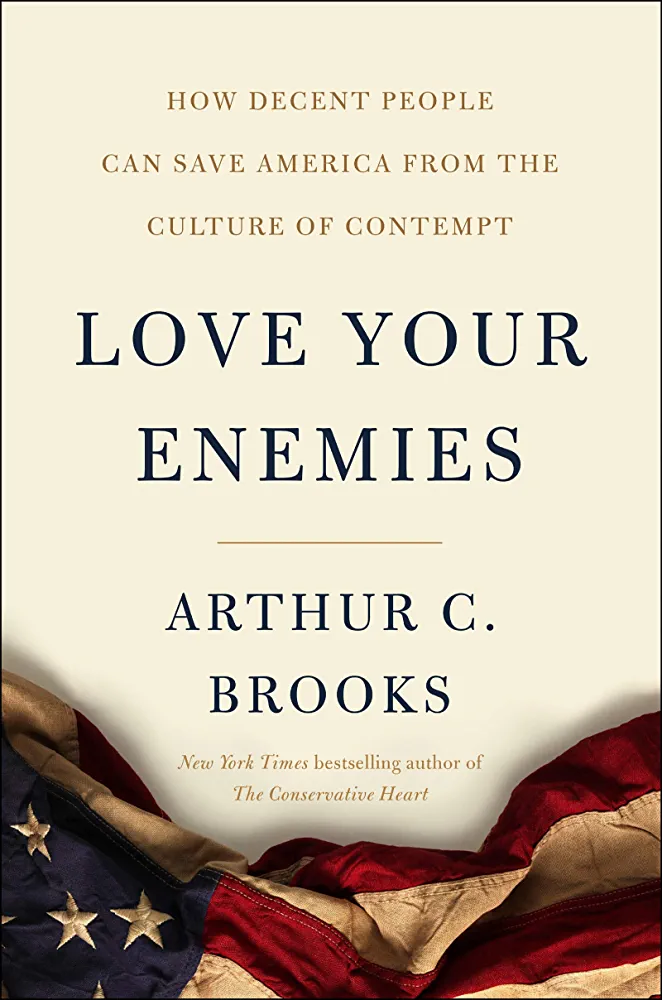To be clear, concluding in brief: there is enough for all. So there should be no more poverty. And there should be no more billionaires. Enough should be a human right, a floor below which no one can fall; also a ceiling above which no one can rise. Enough is as good as a feast—or better.
Arranging this situation is left as an exercise for the reader.
— The Ministry for the Future by Kim Stanley Robinson (Page 58)
This is the dream, I think. That everyone have enough. And we could have it, if we were just willing.

